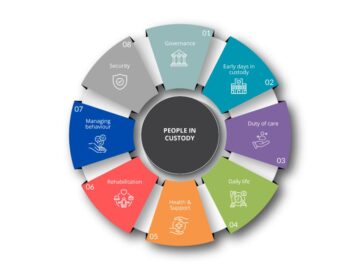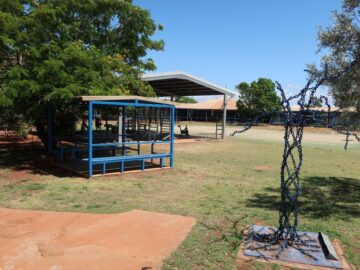People in custody should be provided the opportunity to address their primary health, mental health, and social care needs through access to appropriate services. They must also be supported to change their behaviours and attitudes through tailored programs and services which address their needs and support desistence. These services and supports are delivered by non-custodial staff working within the custodial facility. They are often professionals who work in the areas of health, mental health, rehabilitation, reintegration, education, and vocation. And as qualified experts in their respective fields, they are integral to ensuring incarceration is an opportunity to address needs and change behaviours.
Our work frequently highlights staffing pressures within non-custodial business areas. These pressures often arise due to short- and long-term vacancies, population changes that have been not accounted for in Service Level Agreements, and other funding arrangement limitations. The result of such pressures means inadequate, limited, or a lack of services and programs for people in custody.
This review will examine the chronic shortage of non-custodial staff across the custodial estate. The terms of reference are:
- What are the Department of Justice’s service level agreements for non-custodial staffing for each facility, including current vacancies and any long-term vacancy trends?
- Has the Department of Justice conducted needs analyses for its facilities or population, and identified the most common areas of non-custodial staffing shortages?
- Is non-custodial resourcing adequate to meet the needs of people in custody, as per best practice literature?


